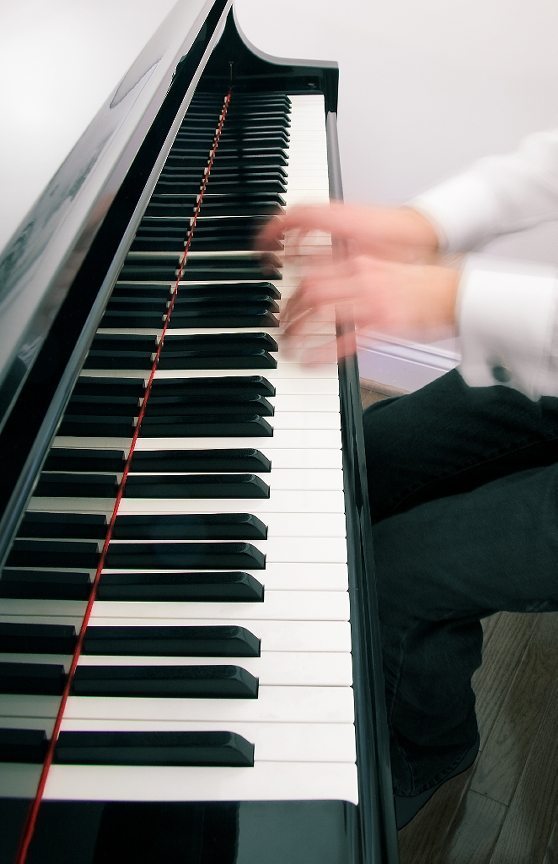
1. Sample as Many Pianos as Possible
Keep in mind that one piano does not fit all, so you need to know your own musical requirements before you decide on a specific unit. Test all the different piano brands, sizes, styles, and ages in order to appreciate their key weights, different timbers, and levels of quality.
Avoid settling for the first piano that you come across. Allow yourself to browse at least five to six different pianos before you make your final decision. In addition, it is advisable that you do not buy one without inspecting and playing it.
2. Determine the Cost
You should set aside a accurate budget when you want to buy a piano. A brand new piano can cost from $3,000 to over $30,000.
3. Comprehend the Magnitude of Room Acoustics
Before you purchase a piano, think about the room size, ceiling materials, and carpeting, because all the aforementioned factors can affect your room acoustics. A piano can have an entirely different character in your home compared to when it is placed in your neighbor’s home. When you buy a piano, be aware of how the instrument’s present location varies from its eventual destination.
The piano’s space should match its sound, for instance, if it has a bright, crisp tone, it sounds a lot better in a small, carpeted room. This is because the overbearing treble is stabilized by soft, absorbent environment. You can learn about the piano’s room acoustics from a reputable piano dealer or an advanced piano player.
4. Find Out who is Responsible for Moving the Instrument
Piano dealers and manufacturers can normally accommodate their customers’ moving requirements, and more often than not, for an additional fee. However, if you are purchasing the piano from a private seller, you are most likely to be held responsible for the transporting your piano. It is imperative to have the piano transported by professional piano movers, at least for the sake of the piano and the safety of the piano movers.
5. Appoint a Professional to Assist You
Appointing a professional to assist in choosing, examining, and moving a piano is certainly a wise decision that can save you tons of money. The average piano buyer would not possess the experience to foresee any future problems or even gauge the expenses of necessitated repairs.
Do not let the additional cost avert you from hiring a professional or a RPT, because if you end up purchasing a musical lemon, you will end up paying for repairs and pricey disposal. If not, you will have to accept the loss of a huge musical instrument in your living room.
6. Test all the Piano Keys
I advise that you test all the piano keys at different lengths and volumes. Additionally, test the foot pedals at different octaves. When shopping for a piano, it is always best to ask as many questions as you feel like, with reference to the pianos you are interested in purchasing.
7. Do not be Intimidated by the Piano’s Age
A good and healthy piano has a lifespan of about 30 to 60 years. Therefore, do not be surprised to learn that the used piano that you want to buy has been owned for over 20 years. Just make sure that it is still in good playing condition.
8. Consider the Exterior, Interior, and Finish
Prior to purchasing a piano, it is essential that you inspect its interior and exterior. Determine the type of finish and color that you like. If you choose to purchase a used piano, ensure that the woodcarvings are still intact and beautiful.
Would you rather buy a used piano compared to a brand new unit?







